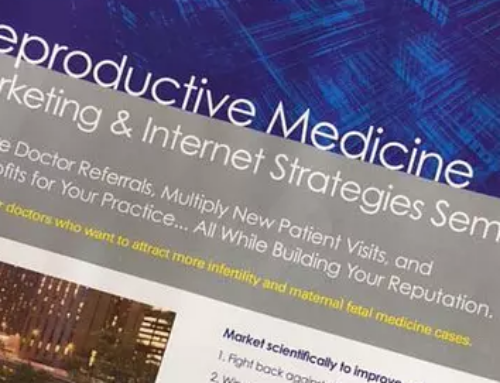I was intrigued and excited for my acupuncture and infertility patients when I read Dr. Jean Twenge’s article, “How Long Can You Wait To Have a Baby?” in the July issue of the Atlantic Magazine.
Dr. Twenge, who is a Phd. in Psychology at San Diego State University who dealt with “baby panic” in her thirties, states that, “The widely cited statistic that one in three women ages 35 to 39 will not be pregnant after a year of trying….is based on an article published in 2004 in the journal of Human Reproduction. Rarely mentioned is the source of the data:French birth records from 1670 to 1830. The chance of remaining childless–30 percent–was also calculated on historical populations”. Twenge goes on to say that she could not get a citation (source) from the American Society of Reproductive Medicine’s for their published guidelines that state only 20 percent of 30 year old women and 5 percent of 40 year old women will get pregnant each cycle.
More optimistic research she highlights was done by Dr. David Dunson of Duke Uiversity and published in Obstetrics and Gynecology (2004). It showed tat in 770 European women who had sex at least twice per week, 82 percent of 35 to 39 year olds conceived within a year, compared with 86 percent of 27 to 24 year olds. In a recent Danish study published in Fertility and Sterility, “…among women having sex during their fertile time, 78 percent of 35 to 40 year olds became pregnant within a year, compared to 84 percent of 20 to 34 year olds”. I did wonder if averaging 35 year olds with 40 year olds is misleading, but that gets back to what can be done with statistics. Dr. Twenge goes on to say that Dunson’s research reveals that if couples in their late thirties time intercourse more closely to ovulation, their chances of conception are the same as couples in their late 20’s who seem to have a longer window of fertility each month.
The statistics Twenge reports are very positive and helpful to me as I try to support couples who are trying to conceive naturally or through IVF. However, the fact remains that fertility does decline with age, and the number of eggs a women can produce through IVF at a later age is often reduced. Fortunately , the biomedical options for women in this situation, such as egg and embryo preservation, continue to expand and improve.




